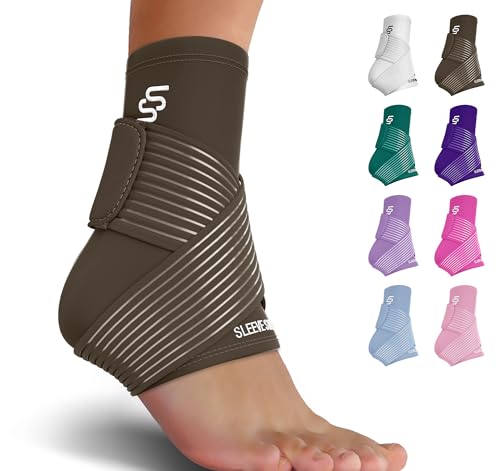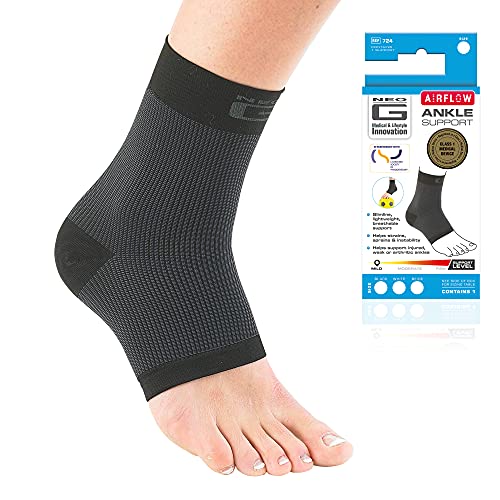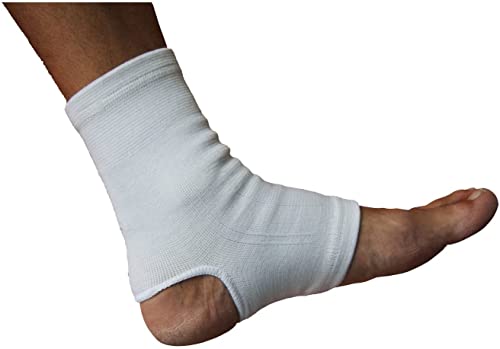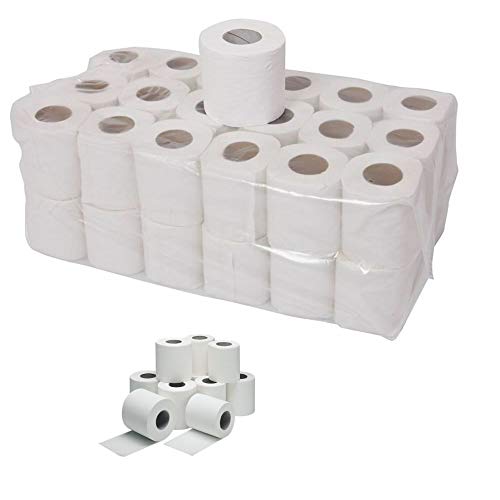What is Ankle Support and Why Do We Need It?
Understanding Ankle Support
Ankle support refers to devices such as braces, wraps, or sleeves that provide stability and support to the ankle joint. We often need ankle support to prevent injuries, especially during sports or physical activities, and to aid recovery from existing injuries. Think of it like wearing a seatbelt in a car; it’s there to protect us in case of sudden movements or impacts.
The Importance of Ankle Support
Many of us can relate to that moment when we twist our ankle or feel discomfort after a workout. Ankle support is crucial because it helps secure the joint and reduces the risk of sprains and strains. Also, for those with chronic issues, it offers the necessary protection to continue daily activities without fear of exacerbating the injury.
The Different Types of Ankle Supports Explained
Braces
Ankle braces are rigid or semi-rigid devices designed to immobilise the ankle joint while allowing for some movement. They are perfect for those who have suffered an injury and need more substantial support during their recovery.
Wraps and Supports
Ankle wraps are typically elasticated fabric that compresses the ankle to provide support and enhance circulation. These are excellent for everyday use, especially if you engage in activities that put strain on your ankles.
Sleeves
Ankle sleeves are often made from compressive material, designed to keep the ankle warm and snug without restricting movement too much. They are ideal for both prevention and mild support during activities.
Air-Braced Supports
Air-braced supports use air-filled compartments for adjustable compression and support. These are particularly useful for those who need to customize their level of support throughout the day.
How to Choose the Right Ankle Support for Your Needs
Assessing Your Activity Level
Consider what activities you’ll be doing while wearing the support. If you’re into running or high-impact sports, a more rigid brace may be necessary to keep your ankle stable. For lighter activities, a wrap or sleeve might suffice.
Injury History
If you’ve previously injured your ankle, it’s wise to get a support that caters specifically to that type of injury. For recurring problems, a more structured brace can help prevent future issues.
Sizing and Fit
Getting the right size is essential for any ankle support to be effective. Most brands provide sizing charts based on measurement around the ankle, so ensure you measure accurately to find the best option.
Tips for Proper Use and Care of Ankle Supports
Wearing Only When Needed
To get the most benefit out of your ankle support, wear it during activities that put stress on your ankle, rather than all day. This helps prevent muscle dependency and maintains strength.
Cleaning and Maintenance
Regularly clean your ankle support according to the manufacturer’s instructions. Most fabric supports can be hand washed, but always check if they can go in the washing machine. Keeping them clean will ensure durability and hygiene.
Real-Life Scenarios: When to Use Ankle Support
During Sports Activities
If you’re playing football, basketball, or even going for a jog, using an ankle support can prevent injuries caused by sudden movements or improper landings. It’s a precautionary measure that many athletes trust.
After an Injury
Following an ankle sprain, wearing a support can help the healing process. It stabilizes the joint and allows for a safer recovery phase, making it easier to start moving again without a setback.
When Standing for Long Periods
For those of us working in jobs that require prolonged standing or walking, wearing an ankle sleeve can provide additional support, reducing fatigue and discomfort that might develop over time.





















